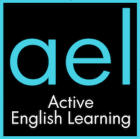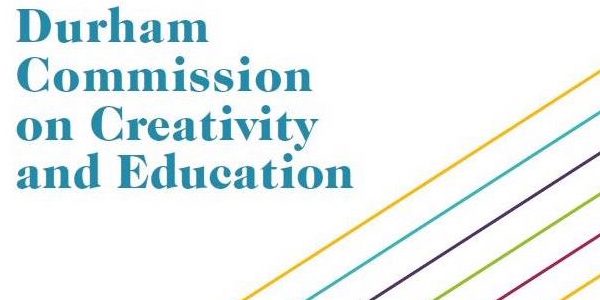The findings of the Durham Commission on creativity and education are really worthy to be considered by any teachers or parents and hopefully by policy-makers.
The final report of the 18-month research has been released in October 2019 and recognised that creativity is necessary in school at all stages of development, from early years up to the end of the college, and across all disciplines.
In his foreword to the final report, Sir Nicholas Serota -Chair of the Durham Commission- signals that “There remains a misconception that creativity is solely the province of the arts. This is not true. Creativity exists in all disciplines. It is valued by mathematicians, scientists and entrepreneurs, as well as by artists, writers and composers.”
The vision outlined by the Durham Commission suggests that our current school system should in fact develop into a new “creativity-focused education system” that gives “creativity the priority that is required to meet our future needs, or indeed give our children the opportunities they deserve.”
The conclusion is an articulated proposal for a trial period in the next three years in selected schools, where an approach based on “teaching for creativity” should be practised.
As former Waldorf teacher, I deeply welcome such a good move towards a school system that no longer considers a child as a pitcher and sets teachers on a “tick-the-mark” policy but focus on teaching for creativity and creative thinking as a necessary approach in our time! This is a really welcomed principle! Undertaking such a new direction will surely come across many challenges.
The Durham Commission found that the resources and opportunities to nourish creativity are higher in independent schools than in the public sector, asking for more resources to the public sector in order to achieve a level of equal opportunities for children attending public schools. I find that this goal would be fair to achieve.
In my understanding though the finding of the commission doesn’t mean that independent schools have to be impoverished of their strength but that the same opportunities should be extended to the public sector. Or -to say it better- the nourishment of creativity and creative thinking should be given to all children regardless their social, cultural, religious or financial background.
May I only add that -in my opinion- limited financial resources are only one part of the problem, the rest being to find the answer (or the answers) to the question: how do we do it?
How do we do it?
How do we -teachers and parents- nourish creativity in our children from the early years until the end of the school?
My understanding of the final report (and my hope) is that creativity is not going to be taught as one more topic to add to the pitcher…
It seems to me -just based on common sense- that creativity should in fact be called out of a child as a quality that belongs to him or her, a quality that we adults should feed with our imaginative, inspirational, creative teaching and behaving as necessary for a child through all the stages of her or his development: at school as well as at home.
In its tiny dimension, Active English Learning moves on the same direction when trying to create a human-centred project that comprises exactly the same aim: nourishing creativity!
I shall follow with deep interest the development of the proposal of the Durham Commission to practice “teaching for creativity” in several available schools in the UK for the next three years. Any attempts to improve the school system should be strongly encouraged for the best interest of our youngsters.
The conversation remains open on this blog and you will surely find more in the near future.
In the meanwhile please feel free to post your contribution (if any) to me at admin@aelproject.com

